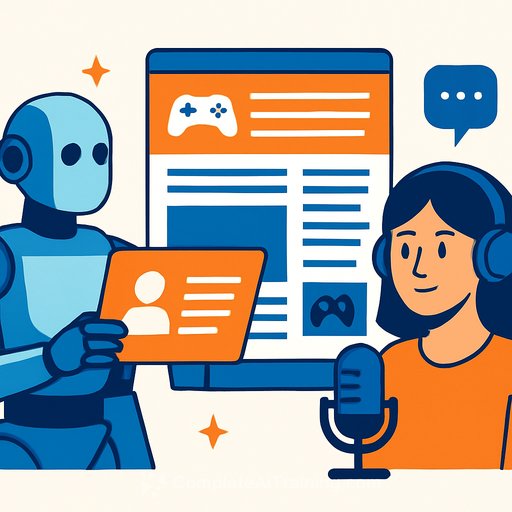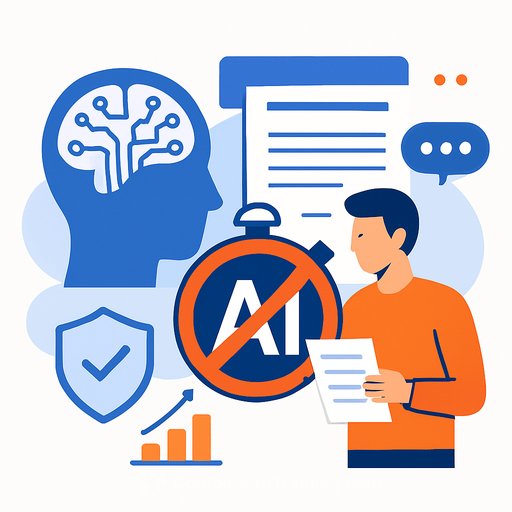Stephen King on AI: Why He Isn't Worried-and What Writers Should Do
Stephen King isn't losing sleep over artificial intelligence replacing him. In a recent interview, he said he hasn't given AI much thought, even as his sons, both writers, worry about its impact on the craft.
"I don't really care about AI," he said, adding that he believes humans will write better prose than "some kind of automated intelligence." Still, he sees a tipping point: "Once you teach AI to write a novel, a good novel, it's going to be a different ballgame."
The tension: human voice vs. machine output
AI systems are trained on massive datasets, often pulling from creative works. That's why many authors have pushed back against unlicensed training. For background on policy and rights, see the Authors Guild's AI advocacy page here.
King also warned about a future where AI teaches itself and runs the systems we depend on. He referenced H.G. Wells's The Time Machine-Eloi and Morlocks-as a metaphor for what happens if we hand over the machinery of culture. If that shift happens, writers will need to adapt fast.
If you want the Wells reference, read more about The Time Machine on Britannica.
What this means for working writers
- Build moats AI can't fake: lived experience, strong opinions, niche expertise, and a clear voice.
- Use AI as an assistant, not a stand-in: research, outlining, variations, and line edits-but keep authorship and intent.
- Ship consistently: newsletters, essays, stories. Proof of work compounds faster than AI noise.
- Be explicit in contracts: usage rights, training restrictions, and disclosures for AI-assisted work.
- Develop a recognizable style guide for your writing-syntax, pacing, metaphors-so your work is identifiably yours.
A simple weekly workflow to stay ahead
- Collect: Capture 10 observations from real life or your niche. Mark 3 that spark emotion or curiosity.
- Outline: Draft a 5-7 point structure for one piece. Let AI suggest counterarguments or missed angles.
- Draft: Write the first pass yourself. Use AI to tighten sentences, vary rhythm, and surface sharper verbs.
- Differentiate: Add 2 personal stories, 1 unconventional take, and 1 actionable framework.
- Publish: Post to your platform and your list. Track which hooks and structures actually convert readers.
Signals your work outperforms AI
- Readers quote you, not just summarize you.
- Subscribers grow from deep pieces, not just topical ones.
- Your drafts get faster without losing texture or specificity.
- Clients ask for your perspective, not "more content."
King's bottom line-adapt without fear
King believes human prose still wins today. But he also sees a future where self-teaching AI shifts the field. The right move for writers: protect your voice, leverage the tools, and keep publishing with intent.
Useful resources
- AI tools for copywriting to speed up research, ideation, and editing without losing your voice.
- Prompt engineering guides to get higher-quality outputs from assistants you control.
Your membership also unlocks:





